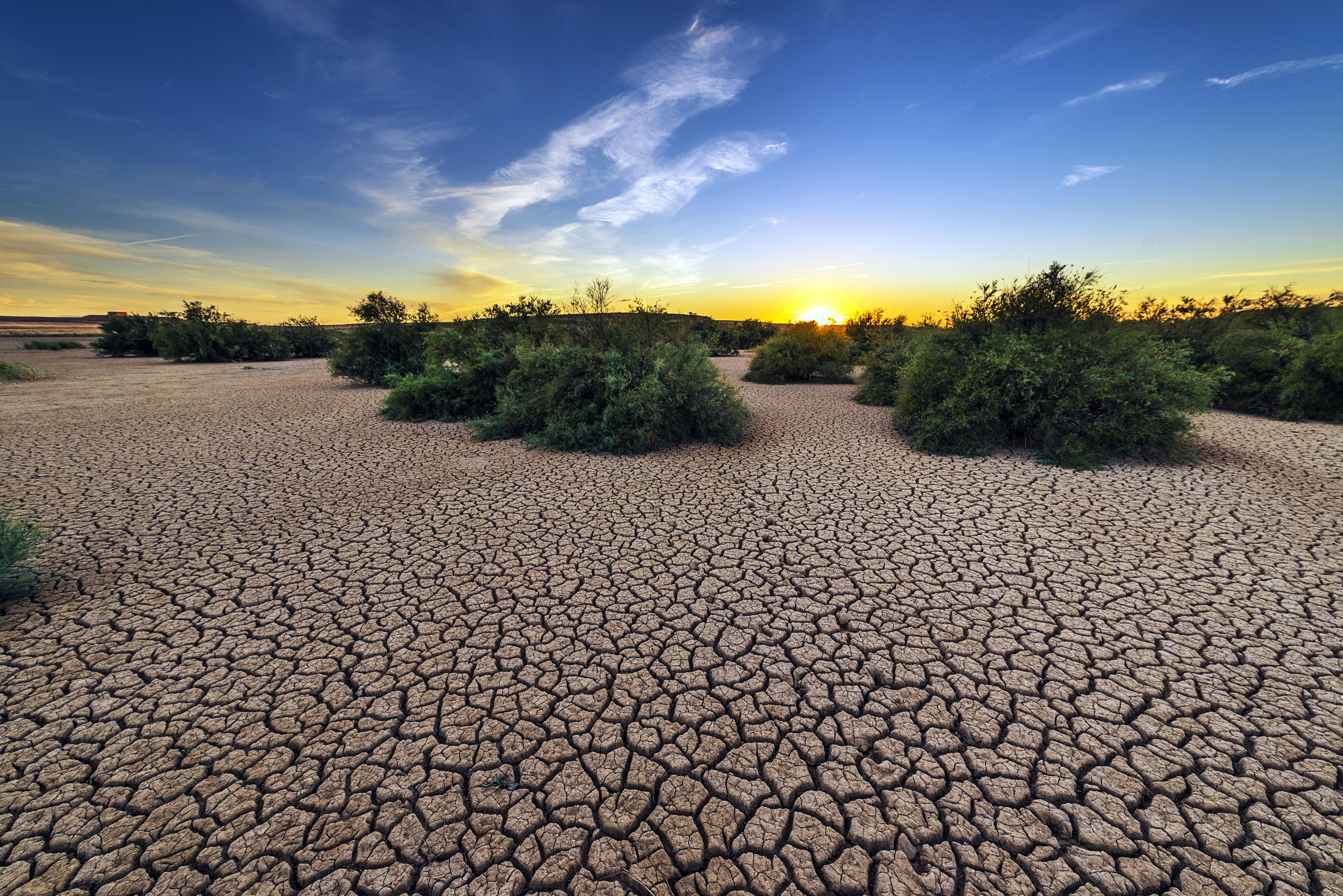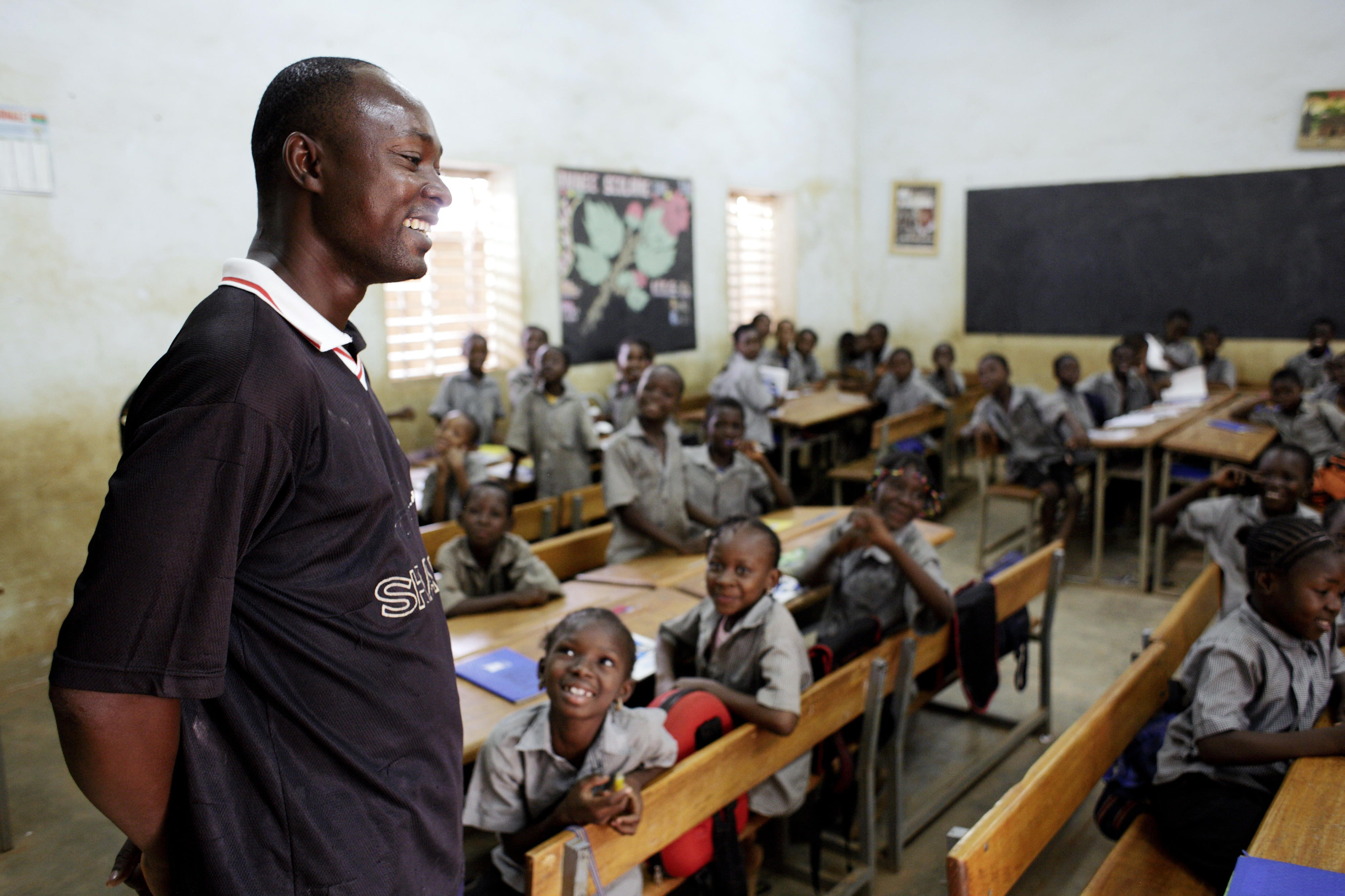Cooperation with regional organisations African Union
The African Union is a key driving force for the continent's political and economic development. Its primary purpose is African integration and increased cooperation among African countries, with a view to achieving peace, security and prosperity for all the people of the continent.
In 2013, the members of the AU adopted their Agenda 2063 (External link), a common vision for Africa's development over the next 50 years. In the Agenda 2063, the AU members laid down the following aspirations:
- A prosperous Africa based on inclusive growth and sustainable development
- An integrated continent, politically united, based on the ideals of Pan-Africanism and the vision of Africa's Renaissance
- An Africa of good governance, democracy, respect for human rights, justice and the rule of law
- A peaceful and secure Africa
- An Africa with a strong cultural identity, common heritage, shared values and ethics
- An Africa whose development is people-driven, relying on the potential of African people, especially its women and youth, and caring for children
- An Africa as a strong, united, resilient and influential global player and partner
Germany's development cooperation with the African Union
Cooperation with African partner countries and organisations is a focus of Germany's development policy. The German government's policy on Africa concentrates on the opportunities and the potential of the continent and its people, and on their important role in global politics. The goal of Germany's policy is a close partnership – politically, economically, culturally and socially. This includes solidarity with Europe's neighbouring continent in times of crisis, and joint efforts for a global transformation to enable all people worldwide to enjoy safe and decent lives in an intact environment.
In that context, the African Union – as the continent's most significant regional organisation and the “voice of Africa” – is the main partner for Germany when it comes to its relations with Africa.
The AU represents its member states in the international arena, coordinates frameworks and policies that apply to all of Africa, and serves as a platform for pan-African exchange.
Germany has been supporting the AU since 2004 and is now one of its most significant donors. Germany wants to further intensify its relations with the AU and has been supporting the organisation in reaching the goals it has set for itself. Cooperation with the AU focuses mainly on the following core areas:
- Peaceful and inclusive societies
Areas of intervention: good governance, peacebuilding and conflict prevention, and (labour) migration - Sustainable economic development, training and employment
Areas of intervention: development of the African Continental Free Trade Area, digital technology, transboundary infrastructure programmes, and regional efforts to foster vocational training and employment - Health, social protection and population dynamics
Area of intervention: pandemic prevention and control
Since the beginning of its development cooperation with the AU, the Federal Ministry for Economic Cooperation and Development (BMZ) has committed a total of more than 750 million euros for the organisation.
The most recent government negotiations with the AU Commission took place on 27 October 2023. The two sides placed a new focus on the topics of feminist development cooperation, digital technology and pandemic control.
The benefits of cooperation
Representatives of the AU Commission and Germany at the government consultations in Addis Ababa 2024
A politically stable, economically attractive African continent is not only in Africa's interest but also in Europe's and Germany's interest. A strong, effective African Union can play a key role in achieving that. Through its support for the AU, Germany is helping Africa to make significant progress on political and economic integration.
The overarching goal of the cooperation is to strengthen the relevance, visibility and efficiency of the AU for its member states and to assist it in reaching its political goals.
The AU has recognised a total of eight regional economic communities (RECs) in Africa. The RECs are considered as building blocks of the AU. They play an important role in realising the Agenda 2063. The BMZ has close cooperation with four of these RECs: the East African Community (EAC), the Southern African Development Community (SADC), the Intergovernmental Authority on Development (IGAD) and the Economic Community of West African States (ECOWAS).
The outlook for the programme of cooperation is promising. However, positive developments are still being slowed down at present because the administrative and governance capacity of AU institutions is limited in some cases and because their financial resources are inadequate.
Core areas of German development cooperation with the AU in depth
Peaceful and inclusive societies
The focus is on good governance, peacebuilding and conflict prevention, and (labour) migration. Activities include, for example, cooperation with African human rights institutions such as the African Committee of Experts on the Rights and Welfare of the Child and the African Court on Human and Peoples' Rights.
Sustainable economic development, training and employment
In order to foster training and sustainable growth within Africa, Germany uses its development cooperation to support, among other things, the development of the African Continental Free Trade Area, transboundary infrastructure programmes, the development of digital technology, and regional efforts to promote employment and vocational training. One practical example of this type of cooperation is Germany's support for the development of a continent-wide regulatory framework for smart green infrastructure.
Health, social protection and population dynamics
In the health sector, the support provided through German development cooperation includes establishing and expanding continental health institutions capable of responding effectively to health risks and possible new pandemics. Improving African capacities for producing and regulating vaccines plays a crucial role here.
Climate and energy, just transition
The aim of German development cooperation in this context is to support the transition of African energy systems in line with the goals of the 2030 Agenda and the Paris Agreement. The focus is on expanding the use of renewable energy and increasing energy efficiency. This in turn is meant to contribute towards overcoming energy poverty, improving access to energy, reducing greenhouse gas emissions and averting a carbon lock-in situation in the African energy sector. The BMZ is also supporting the development of a green hydrogen industry in selected African countries where the conditions for using renewable energy are especially good.
Cooperation with AU institutions
In addition to its cooperation with the AU Commission, the BMZ also engages in direct cooperation with various AU institutions, including the African regional human rights courts, the Africa Centres for Disease Control and Prevention (Africa CDC), the African Union Development Agency-NEPAD (AUDA-NEPAD) and the Secretariat of the African Continental Free Trade Area (AfCFTA). Germany is the largest bilateral donor for the AfCFTA.
In its cooperation with African partner countries and regional organisations, Germany often coordinates its work closely with European partners in Africa. Under what is called regional Team Europe Initiatives, EU member states and the European Commission work together with their African partners to address various issues, such as the digital transformation, efforts against illicit financial flows and the development of local vaccine production.
As at: 21/05/2024






